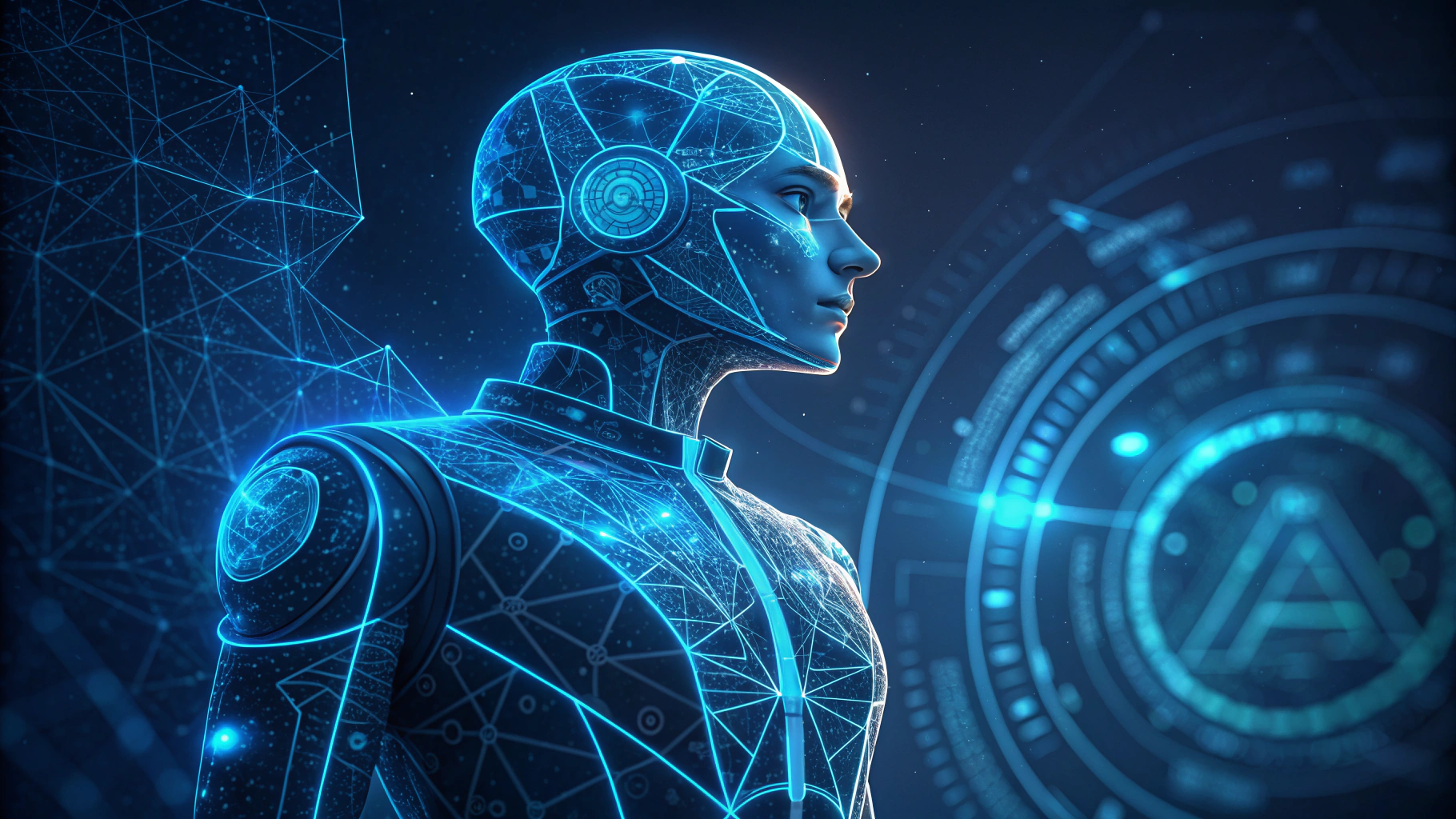The Rise of AI Agents: Transforming the Future of Automation and Interaction

The Rise of AI Agents: Transforming the Future of Automation and Interaction
In the digital era, Artificial Intelligence (AI) has revolutionized how businesses and individuals interact with technology. Among the various advancements in AI, AI Agents have emerged as a transformative force, providing seamless automation, enhancing user experiences, and streamlining complex processes. This article explores the world of AI Agents, examining their evolution, applications, and the impact they have on various industries.
Understanding AI Agents
AI Agents are software entities that perform tasks autonomously, simulate human behavior, and interact intelligently with their environment. They process large amounts of data, learn from experiences, and make informed decisions. AI Agents are designed to understand and respond to complex queries, adapting to user preferences over time. They come in different forms, including chatbots, virtual assistants, and autonomous systems, each serving specific functions across diverse sectors.
The Evolution of AI Agents
The concept of AI Agents dates back to the 1950s when early AI researchers envisioned intelligent machines capable of performing human-like tasks. However, significant advancements occurred in the 21st century with the development of machine learning and natural language processing technologies. These advancements enabled AI Agents to comprehend and process human language, paving the way for sophisticated applications in various fields.
Applications of AI Agents
- Customer Service and Support: AI Agents, particularly chatbots, have transformed customer service by providing instant responses to customer queries. They handle repetitive tasks, resolve common issues, and escalate complex problems to human agents when necessary.
- Healthcare and Telemedicine: In healthcare, AI Agents assist medical professionals by analyzing patient data, suggesting diagnoses, and providing treatment recommendations. They facilitate remote consultations, improving patient engagement and outcomes.
- Finance and Banking: AI Agents in finance analyze market trends, manage portfolios, and enhance fraud detection systems, ensuring compliance with regulatory standards.
- E-commerce and Retail: AI Agents personalize shopping experiences by recommending products based on user preferences and browsing history. They also optimize inventory management and supply chain operations.
- Education and Training: AI Agents offer personalized learning experiences, adapt to individual learning styles, and provide interactive study materials and virtual tutoring.
Benefits of AI Agents
- Efficiency and Productivity: Automate repetitive tasks and increase overall productivity.
- 24/7 Availability: Provide continuous support and services round the clock.
- Data-Driven Insights: Analyze vast amounts of data to extract valuable insights.
- Scalability and Flexibility: Adapt and scale with changing business needs.
Challenges and Ethical Considerations
AI Agents face challenges including data privacy, algorithmic bias, and ethical considerations. Ensuring transparency, accountability, and adherence to ethical standards is critical for sustainable integration.
The Future of AI Agents
With advancements in AI technologies, the future of AI Agents looks promising. They will continue to evolve, offering more personalized and efficient services, and intersect with technologies such as IoT and blockchain.
In-Content Images

Source: TeckNexus

Source: FalkorDB

Source: LeewayHertz
Conclusion
AI Agents are at the forefront of the AI revolution, transforming industries and reshaping the way we interact with technology. They offer innovative solutions that drive efficiency and growth. As organizations continue to integrate AI Agents into their operations, it’s essential to address ethical challenges while leveraging their full potential for a smarter future.



